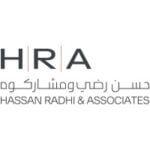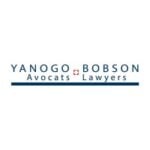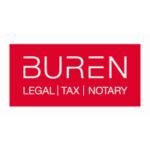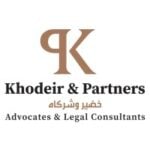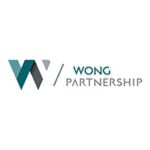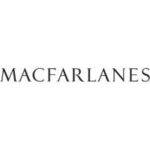-
What are the most common types of corporate business entity and what are the main structural differences between them?
-
What are the current key topical legal issues, developments, trends and challenges in corporate governance in this jurisdiction?
-
Who are the key persons involved in the management of each type of entity?
-
How are responsibility and management power divided between the entity’s management and its economic owners? How are decisions or approvals of the owners made or given (e.g. at a meeting or in writing)?
-
What are the principal sources of corporate governance requirements and practices? Are entities required to comply with a specific code of corporate governance?
-
How is the board or other governing body constituted? Does the entity have more than one? How is responsibility for day-to-day management or oversight allocated?
-
How are the members of the board appointed and removed? What influence do the entity’s owners have over this?
-
Who typically serves on the board? Are there requirements that govern board composition or impose qualifications for board members regarding independence, diversity, tenure or succession?
-
What is the role of the board with respect to setting and changing strategy?
-
How are members of the board compensated? Is their remuneration regulated in any way?
-
Do members of the board owe any fiduciary or special duties and, if so, to whom? What are the potential consequences of breaching any such duties?
-
Are indemnities and/or insurance permitted to cover board members’ potential personal liability? If permitted, are such protections typical or rare?
-
How (and by whom) are board members typically overseen and evaluated?
-
Is the board required to engage actively with the entity’s economic owners? If so, how does it do this and report on its actions?
-
Are dual-class and multi-class capital structures permitted? If so, how common are they?
-
What financial and non-financial information must an entity disclose to the public? How does it do this?
-
Can an entity’s economic owners propose matters for a vote or call a special meeting? If so, what is the procedure?
-
What rights do investors have to take enforcement action against an entity and/or the members of its board?
-
Is shareholder activism common? If so, what are the recent trends? How can shareholders exert influence on a corporate entity’s management?
-
Are shareholder meetings required to be held annually, or at any other specified time? What information needs to be presented at a shareholder meeting?
-
Are there any organisations that provide voting recommendations, or otherwise advise or influence investors on whether and how to vote (whether generally in the market or with respect to a particular entity)?
-
What role do other stakeholders, including debt-holders, employees and other workers, suppliers, customers, regulators, the government and communities typically play in the corporate governance of a corporate entity?
-
How are the interests of non-shareholder stakeholders factored into the decisions of the governing body of a corporate entity?
-
What consideration is typically given to ESG issues by corporate entities? What are the key legal obligations with respect to ESG matters?
-
What stewardship, disclosure and other responsibilities do investors have with regard to the corporate governance of an entity in which they are invested or their level of investment or interest in the entity?
-
What are the current perspectives in this jurisdiction regarding short-term investment objectives in contrast with the promotion of sustainable longer-term value creation?
South Korea: Corporate Governance
This country-specific Q&A provides an overview of Corporate Governance laws and regulations applicable in South Korea.
